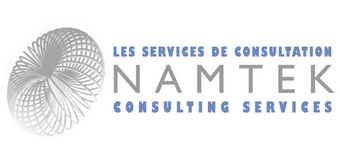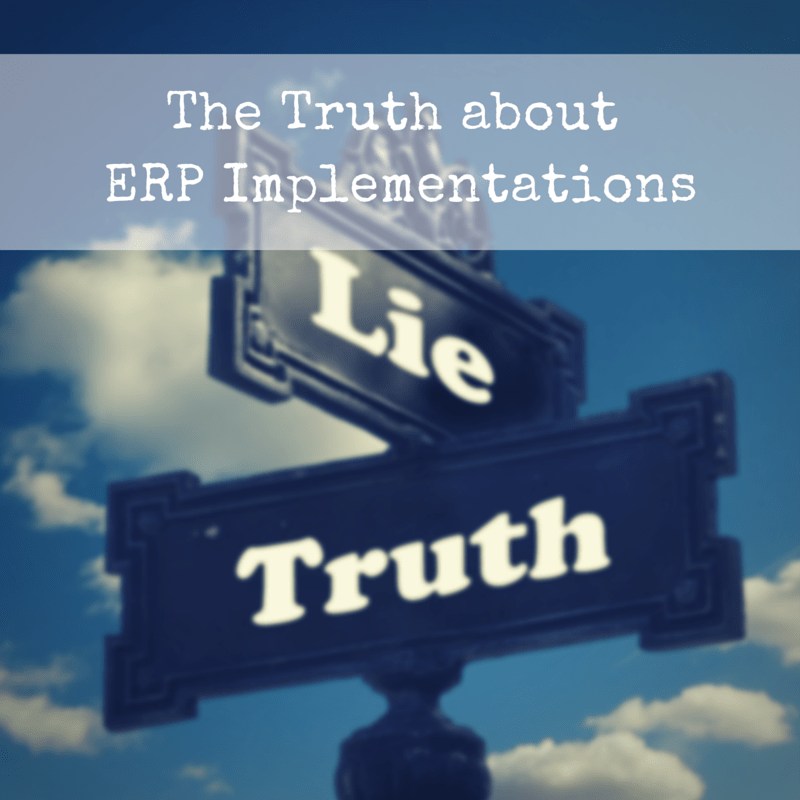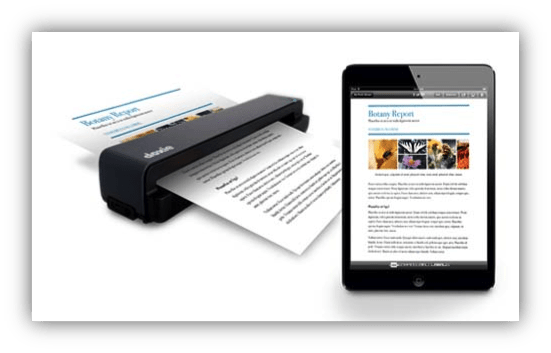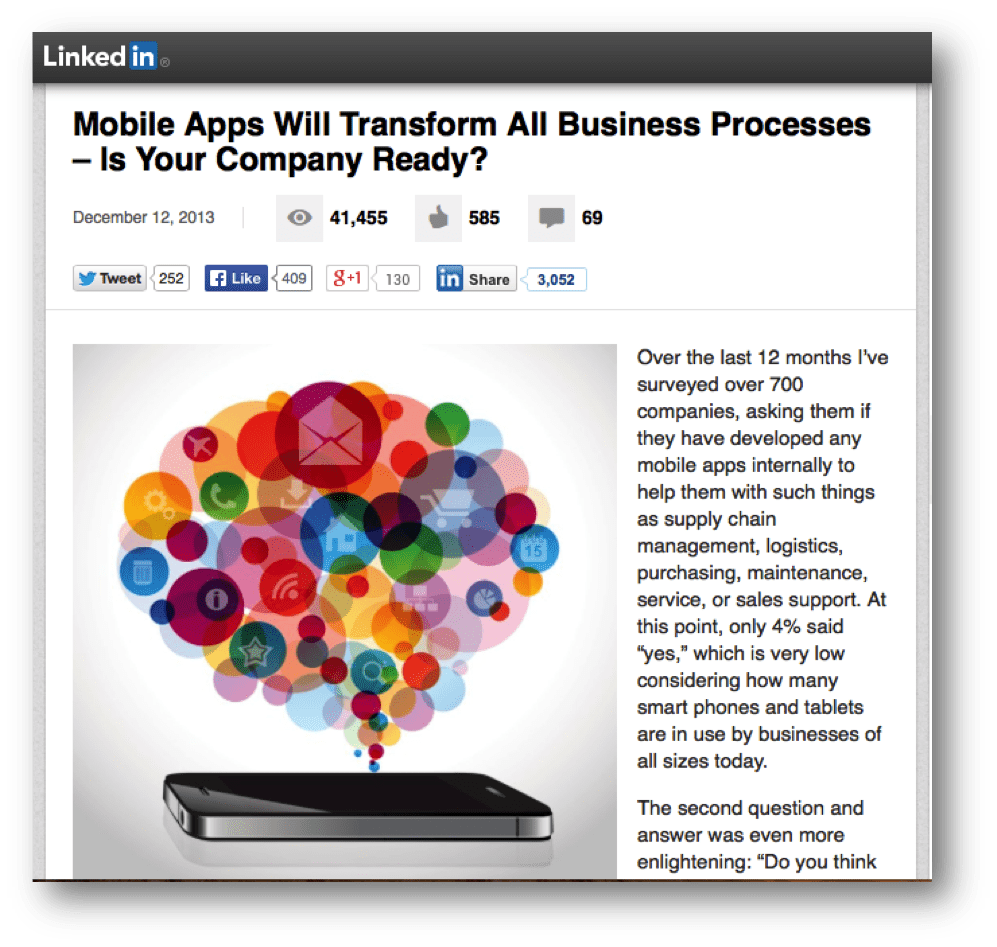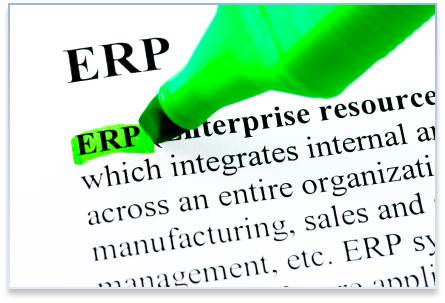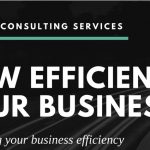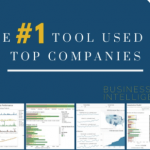False Advertisement: The Truth about ERP Implementations
Last Updated on September 11, 2023 by Tatyana Vandich
It’s unfortunate that most business people we encounter today have a story to share about their previous ERP software implementation experience and it’s almost never a positive one. Why does this keep happening?
At this point, it’s no wonder the term “ERP Implementation” is not something business executives want to hear or talk about. They steer clear of this topic to avoid bringing back their nightmare experience. After doing our own research as to WHY these companies have had such terrible implementation experiences, we came up with 2 possible big reasons: *(ERP implementations can fail for a variety of reasons, some of which has to do with choosing the wrong ERP Provider or user resistance, but today’s article will focus more on the two reasons below):
1. Many ERP Providers only provide half-truths about ERP implementations
2. Business executives make their own assumptions about ERP implementations without doing the proper research first
Both of these problems can easily make implementations a living nightmare for everyone involved. Companies should never go into an implementation blind – they should have all the facts (don’t hesitate to use up that free IT consultation ERP Providers often offer) and get their whole team well prepared in advance.
Here are some false statements about an ERP Implementation Project that many business executives have probably heard or simply just assumed in the past:
- ERP Implementation is FAST and EASY no matter what
- This statement is very common. Many business managers have heard this before only to later realize that an ERP implementation project starts before the actual implementation date and lasts well after the Go-Live date. On top of this, the outcome of the project and how “fast and easy” it is doesn’t solely depend on the ERP Provider. Since this is a joint project (between the business and the Provider) how easy or smooth a transition from an old system (or no system) to a new ERP system depends largely on the business users. If user resistance occurs, due to perhaps no management support, no proper training of the new system, little introduction to new processes, etc., then this transition will be a bumpy ride. It’s all about sitting down with your ERP Provider before implementation to write up a clear plan and sharing it with the entire team. Introducing new changes before the system is implemented and properly supporting employees can be very beneficial and can start this ERP project on the right track. Also, it’s important to share your assumptions or expectations with the ERP Provider so that they can explain the realities of such a project and help you set accurate expectations and eliminate any false assumptions.
- The customer can just sit back and let the ERP Provider do all the work
- Whenever we begin a new ERP implementation, we cannot stress enough how this kind of project is a JOINT effort. ERP Providers need the help of the business users since they are the ones who know their business inside and out and are the ones actually USING the system. They are the ones ensuring everything internally is running smoothly and everyone’s needs are met. If an ERP Provider tells you that your team can just “sit back and relax” during this time, they are not giving you the full story.
- ALL bugs and issues will be solved by the Go-Live date
- This may either be an assumption, expectation or a half-truth told to you by the ERP Provider, but when it comes to software, bugs or minor issues can arise at any time. This is why it’s crucial to pick a Provider with exceptional, available support. On top of this, only once all employees truly start using the system on a daily basis, do they realize certain minor changes they want to make or minor issues they want resolved. This is the time when everyone, both the customer and the ERP Provider, will work hand in hand to iron out all the little details so everyone is happy and the system is working well to everyone’s expectations.
- If users are resisting during implementation, it means the software is not a good fit with the business
- Many times, business executives will see that their employees are resisting to the new ERP system and automatically assume that it is the software that is no good. As a matter of fact, user resistance is very common when a big change is introduced to a company and believe it or not, ERP systems are a HUGE change. This type of system manages and tracks core business processes, which affects your Accounting department, Warehouse employees, Sales group, Management team, Customer Service, and more. Therefore, not only does your team have to get used to working with a new management system but this type of system introduces new standardized procedures and new streamlined processes (especially if your business never had an ERP system before). It can be a big adjustment for everyone. Therefore, it is not necessarily the software that employees are resisting; it is the change that comes with it. This is why user training, management support and an early introduction to new process discipline is absolutely necessary.
- System users do not require training; users can teach themselves how to operate easy-to-use systems
- User Training is so very important. This is another cause for user resistance. Employees are likely to get frustrated with the system if they do not know how to use it properly. On top of that, if users aren’t using the system as it was designed to be used then the company won’t realize the benefits they were promised. Always set aside a budget for user training.
- You should always customize the new ERP system to your current business processes
- NO! If an ERP Provider tells you that large customization requirements are absolutely necessary, before analyzing your current business processes and IT infrastructure, please walk away. These providers are only out to make more money. Big customization projects should be a LAST resort. Nowadays, ERP solutions are designed and developed with the BEST industry practices in mind to allow for efficient business processes. Therefore, it’s best to analyze your current business processes and compare it to the way your new ERP system will work and determine which way is best BEFORE making any changes to the system.
All in all, make sure to choose the right ERP Provider, who will honestly share the realistic steps and challenges to expect during your ERP implementation journey. An ERP implementation CAN be a smooth ride if everyone works together with the same goal of improving business processes with an ERP solution. Get your free IT consultation now!
